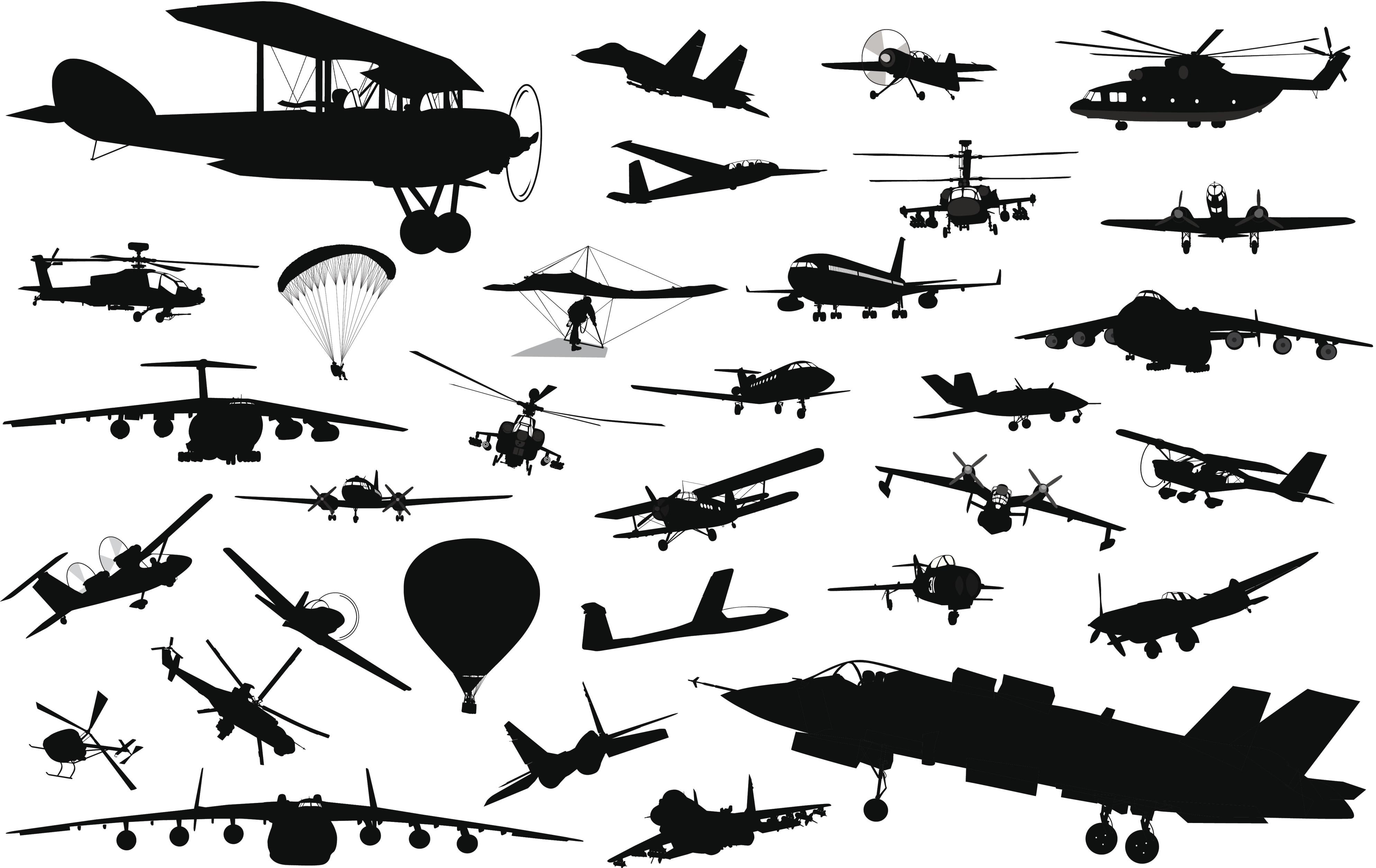Greetings, Future Tensers,
Drones are used for everything from racing to aerial photography, but surveys suggest that large numbers of Americans still find them creepy. For this month’s Futurography course, we’re looking into why that is—and whether it’s likely to stay that way. As always, we’ve started out with a conversational introduction to the topic that looks into questions such as whether current drones are actually helping your neighbors spy on you (spoiler: probably not). And if you’re looking for some more schematic information, we have a cheat sheet that features a quick roundup of key players, major debates, and other topics of interest. We’ll have lots more in the weeks to come.
We also recently wrapped up another Futurography course—which looked into the supposed problem of killer artificial intelligence—with an article from Cecilia Tilli on the real dangers of A.I. As Tilli writes, “There is no reason to believe that we will be able to control generally intelligent, let alone superintelligent, systems,” but experts still disagree about the crises such systems might create. Once you’ve read that—and all the other great content we published on the topic last month—test your knowledge with our killer A.I. quiz (there’s a Dungeons and Dragons question, if that sways you) and share your own thoughts through this survey.
Coming up next week, we also have an event about the future of aviation (more details below), which started from the question of why it still takes five hours to fly cross-country. Whether or not you can make it for the actual conversation, read this Richard Aboulafia article, which shows that while there are still technological hurdles keeping us from supersonic travel, some of the real reasons are actually social. It’s also that consumer demand has plummeted as flying has become more pleasant, thanks to amenities such as onboard internet. But those very features introduce a new set of concerns, Josephine Wolff writes, potentially creating cybersecurity vulnerabilities that never would have arisen otherwise.
Here are some of the other articles we read while we guiltily ignored our email inboxes:
- Satellites: Forget E-ZPass—Singapore plans to start issuing tolls from space. Understandably, the system has created some serious privacy concerns.
- Fifth Amendment: In February, a federal magistrate judge ordered a woman to use her fingerprint to unlock her iPhone.
- Privacy: New research on the effects of mass surveillance suggests that it leads to self-censorship online, suppressing “the ideas of those on the fringes of society, while amplifying mainstream opinions.”
- Autonomous vehicles: Apparently committed to not being cool, Google is getting ready to deploy a fleet of driverless minivans. But there’s a good reason for its dorkiness.
Events:
- With the European Concorde in retirement and no American supersonic plane ever cleared for takeoff, airlines still travel at the same speed they did in the 1960s. Why is that? Join Future Tense in Washington, D.C., on Wednesday, May 11, to discuss this question and others about the future of aviation. For more information and to RSVP visit the New America web site.
Jacob Brogan
for Future Tense
